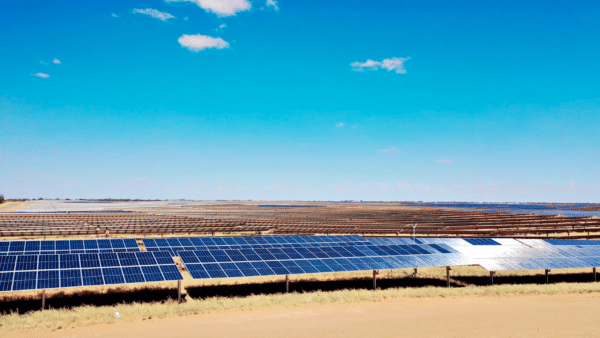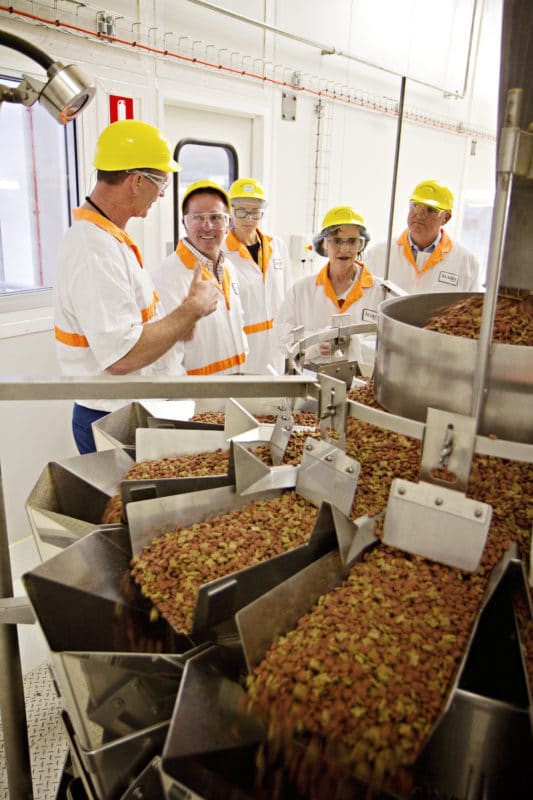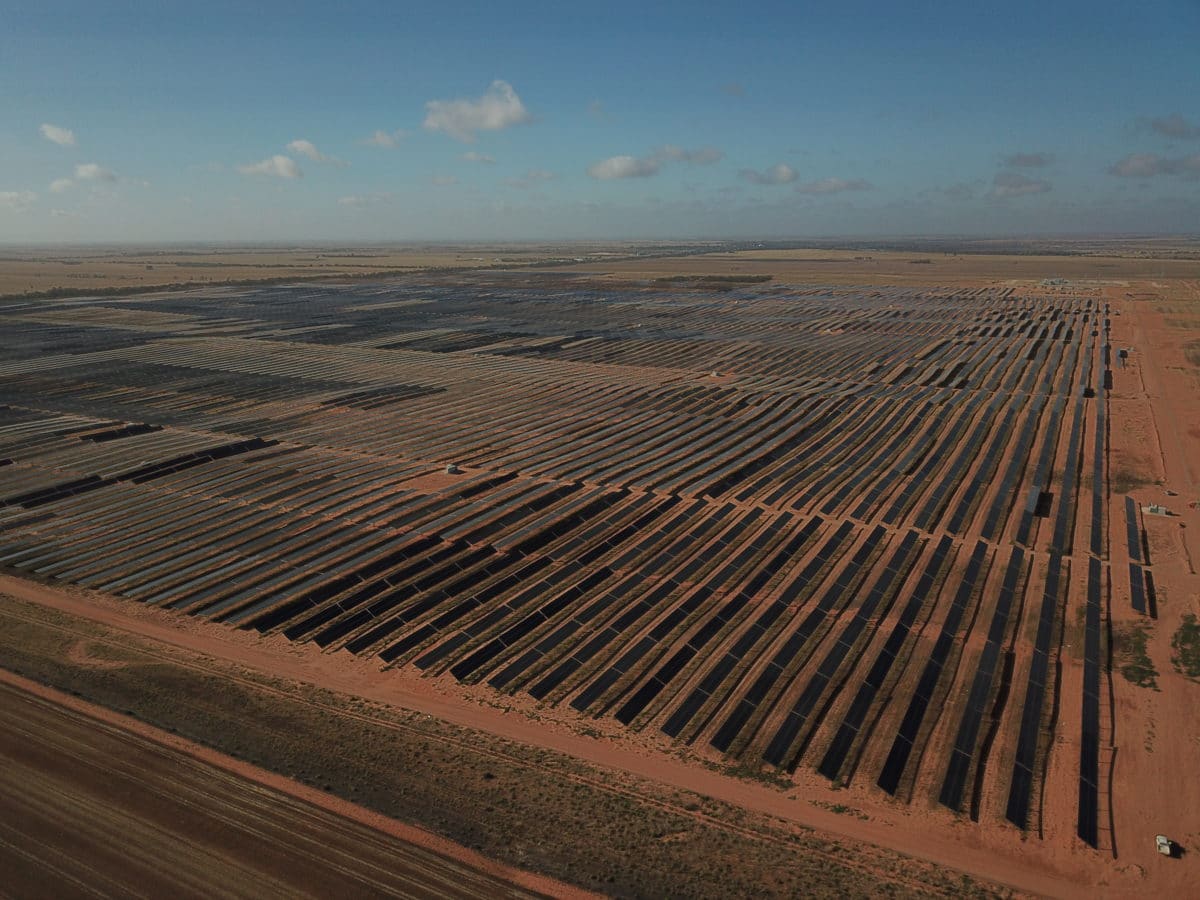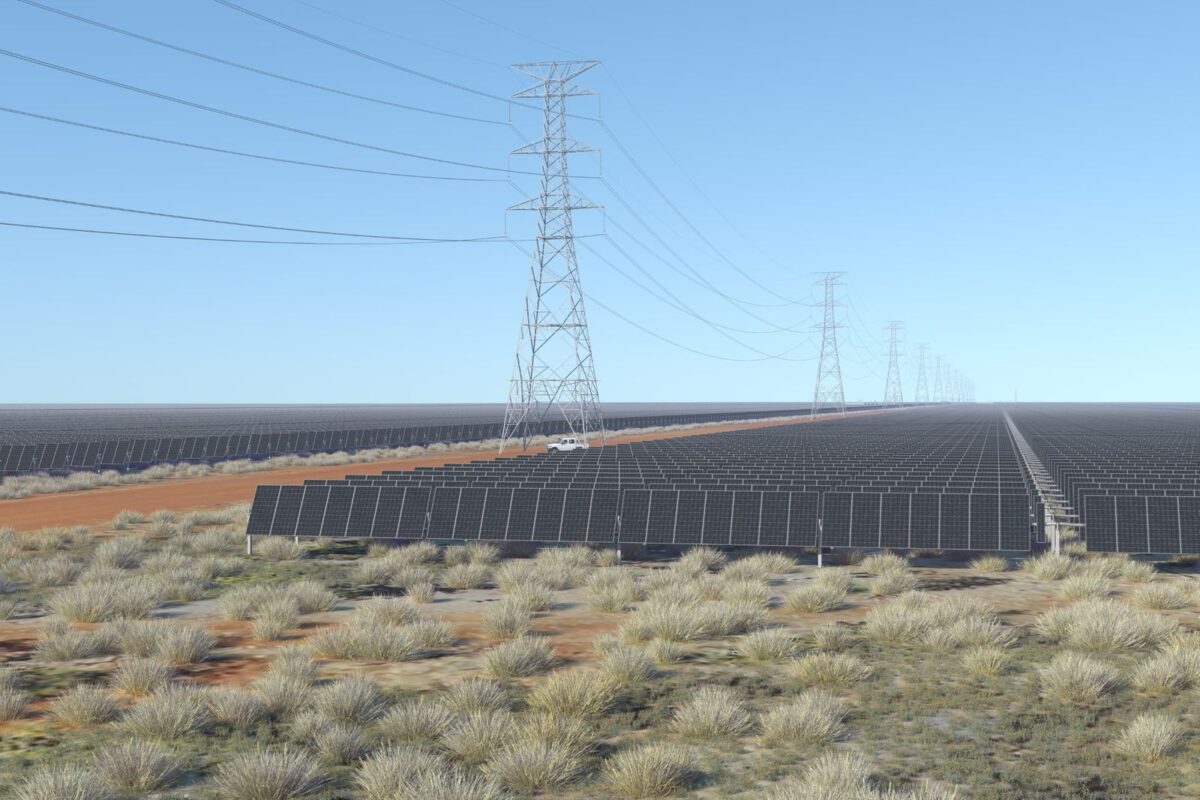Mars Australia (Mars), the confectionary brand behind some of Australia’s favourite servo snacks, and indeed also behind such as other brands as Pedigree (pet food has an disturbingly large carbon paw-print), has this week announced that it is transitioning its operations to renewable energy.
“A Mars a day,” as the confectioner has often said, “helps you work, rest and play”, but seeing as the company is now moving to offset 100% of the power at its six factories and two offices it might be said that utilising the solar energy of the day, helps them work, rest and play.
Mars’s decision comes in an attempt to meet its global sustainability goals, which seek to reduce the company’s global greenhouse gas emissions by 27% by 2025, and 60% by 2050.
This is no small task, either globally or in Australia specifically, where Mars consumed over 850 GWh of electricity in 2020. To meet these goals in Australia, Mars has signed a major power purchase agreement (PPA) with Total Eren’s 200 MW Kiamal Solar Farm in Ouyen, Victoria.

Image: Mars Australia
“The Kiamal Solar Farm is a unique project,” said Michael Vawser, Asia Pacific regional director at Total Eren, “not only because it is the biggest solar farm in the state of Victoria but also because it is backed by four PPAs and one large-scale Generation Certificate (LGC) contract, all to highly valued companies: Mars Australia, Alinta Energy, FlowPower, Zero Emissions Water and Origin Energy.”
By that distribution of PPAs, 50 MW of the Kiamal Solar Farm will be generating for Mars, which is enough to produce 30 million 3kg bags of Pedigree and 185 million 180g bags of peanut M&Ms.

Image: Mars Australia
Bill Heague, general manager Mars Food Australia, said he was proud to make the switch to 100% renewable electricity. “At Mars, we believe business, government, and individuals must work together to take meaningful action on climate change. This move ensures we are playing our part to create a better world for future generations.”
“We know consumers want to see action on climate change,” Heague continued, “With the majority of Mars produced enjoyed by Aussies being made here, our transition to renewable electricity not only makes sense for our business and the planet, it also means Australians can feel even better about buying Mars products – and that is something I am personally thrilled about.”
Unfortunately there is still nothing that can make Australians feel better after having eaten Mars products, except exercise.
Unhostile corporate takeover
As Greenpeace’s REenergise campaign director Lindsey Soutar made note, a move toward renewables and sustainable practices by a corporation the size of Mars is demonstrable of a larger shift in corporate Australia towards renewable energy and emissions reduction.
“Mars is shifting the dial on corporate renewable energy commitments” said Soutar, “and showing that stepping up to tackle emissions isn’t just good for the climate – it’s a sweat deal for business too.”
The notion was seconded by RE100 Australia coordinator, Jon Dee, who said that Mars, one of the earliest members of RE100, “isn’t just reducing its impact on the environment, it’s also setting a great role model for other companies…In light of Australia’s fluctuating energy costs, it’s a sound business decision for Mars to invest in that amount of solar power. Other companies in Australia need to follow that lead.”
This content is protected by copyright and may not be reused. If you want to cooperate with us and would like to reuse some of our content, please contact: editors@pv-magazine.com.









2 comments
By submitting this form you agree to pv magazine using your data for the purposes of publishing your comment.
Your personal data will only be disclosed or otherwise transmitted to third parties for the purposes of spam filtering or if this is necessary for technical maintenance of the website. Any other transfer to third parties will not take place unless this is justified on the basis of applicable data protection regulations or if pv magazine is legally obliged to do so.
You may revoke this consent at any time with effect for the future, in which case your personal data will be deleted immediately. Otherwise, your data will be deleted if pv magazine has processed your request or the purpose of data storage is fulfilled.
Further information on data privacy can be found in our Data Protection Policy.